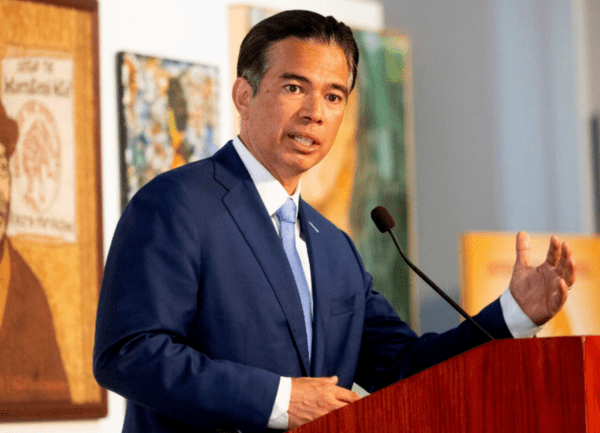After nonprofits began complying with California’s regulation, their donor information, which was supposed to be kept confidential, was made publicly available on the internet, Alliance Defending Freedom, which represented TMLC in court, pointed out in its brief and oral arguments. Hackers uploaded thousands of confidential documents online, where they were easily discovered. TMLC supporters, employees and clients experienced intimidation, death threats, hate mail and boycotts, attorneys said. If California were to leak nonprofits’ donor’s information, either accidentally or intentionally, ADF argued, these donors could be in danger.
More than 40 organizations across a wide ideological spectrum filed briefs with the court opposing the California policy.
The Supreme Court agreed to hear the case, heard oral arguments in April 2021 and published its ruling three months later.
In the 6-3 decision, the high court ruled that California’s “dragnet for sensitive donor information from tens of thousands of charities each year” violates the First Amendment. It held that freedom of association is protected by the Constitution, ensuring that Americans may donate to charities without fear of harassment.
Its ruling also upheld a 60-year-old precedent in NAACP v. Alabama, in which the Supreme Court had rebuked Alabama for demanding that the NAACP hand over its membership lists – exposing their members to harassment and violence.
The Attorney General’s Charities homepage now states, “Effective July 1, 2021, the Registry of Charitable Trusts will no longer require the filing of Schedule B to the IRS Form 990 as part of the registration and annual reporting requirements.”
Source:
Visit the The Center Square





The people that required this information are not rubes that don’t have an understanding of Law and The Constitution. They make these decisions based on how it benefits their political benefit, not how it meets the requirements of Constitutional Law. SHAME ON THEM that it had to go to the Supreme Court while in the meantime peoples lives were in jeopardy.